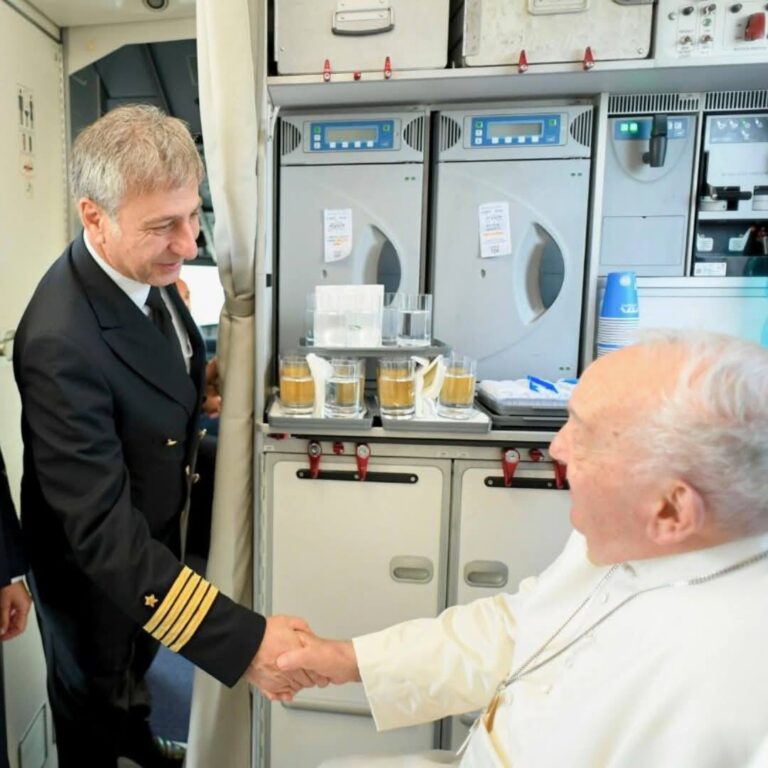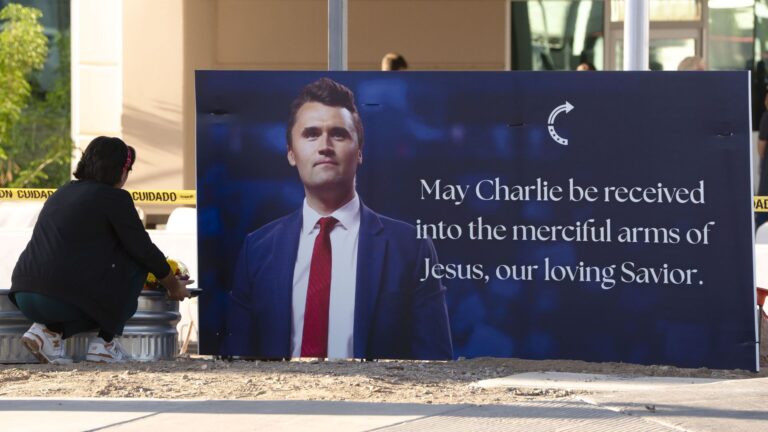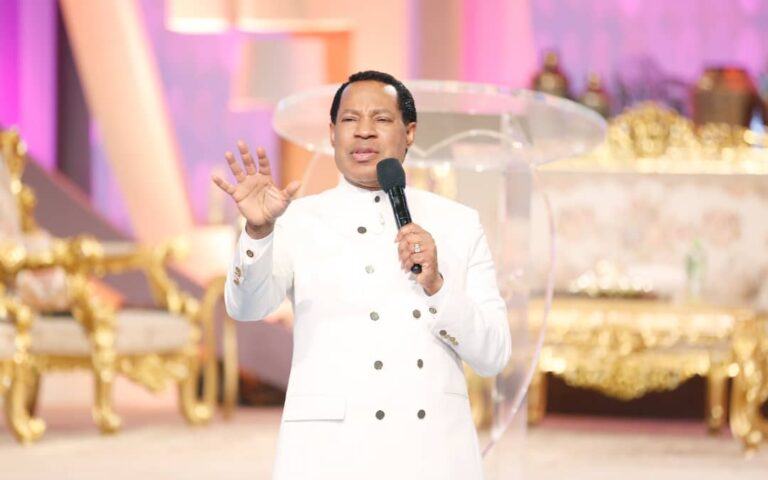One Million Bibles for Seyi Tinubu at 40 Sparks Fierce Debate Across Nigeria

When friends of Seyi Tinubu announced a plan to distribute one million copies of the Holy Bible across Nigeria to mark his 40th birthday, the country reacted loudly and quickly. The initiative, unveiled at a thanksgiving service at the National Christian Centre in Abuja, was coordinated by Hon. Belusochukwu Enwere, National Chairman of the Youth Wing of the Christian Association of Nigeria (YOWICAN). Organisers described the move as a “spiritual investment” aimed at moral renewal and strengthening faith-based values among young people.
But what sounded inspiring to some quickly became controversial online. While church leaders at the service praised the initiative as timely in the face of concerns about eroding values, many Nigerians on social media read a different message one that tied religion to politics, priorities, and power.
What happened at the thanksgiving service
According to reports, the Bible distribution project was announced during simultaneous thanksgiving services held in about 40 churches nationwide. Rev. Ini Ukpuho, chaplain of the National Christian Centre, led prayers and described the initiative as a needed response to moral decline. A message read on behalf of Seyi Tinubu thanked organisers and stressed that faith education and moral discipline are important for nation building. The organisers said the first batch of Bibles will be distributed through churches, schools, and youth ministries in the coming weeks.
Why many Nigerians were skeptical
The criticism on social platforms focused on two main themes: timing and motive. Several users argued that handing out Bibles while many people struggle with hunger, unemployment, and insecurity is tone-deaf. “You don’t evangelise to a hungry man, you feed him first,” one user wrote, reflecting a widespread feeling that physical needs must be addressed before spiritual outreach. Others questioned the political optics pointing out the Tinubu family connection and wondering whether the gesture was a form of influence or image management. Social media commentator VeryDarkMan publicly questioned the motive, saying the move looked suspicious and asking why a public figure who practices a different faith would sponsor such a project.
Voices supporting the project
Not everyone opposed the idea. Supporters including some clergy saw the Bible drive as a long-term investment in values that could encourage honesty, compassion, and civic responsibility. They argued that spiritual resources and humanitarian aid need not be mutually exclusive: faith-based programs can complement efforts to alleviate poverty and strengthen community ethics. Organisers insist the project is not about glorifying one person but about planting seeds for moral transformation among young Nigerians.
The middle ground: practical questions worth asking
The debate opens useful practical questions that deserve attention:
• Will the Bible distribution be accompanied by programs addressing hunger, jobs, and security?
• How will recipients be chosen to ensure fairness and reach the most vulnerable?
• Will the project include literacy or study programs so the distributed Bibles translate into meaningful engagement?
Those answers will shape whether the project is seen as sincere outreach or symbolic optics.
What this means for Nigeria
At a time when trust in institutions is fragile, gestures that mix religion and public life are inevitably scrutinised. If the organisers pair the Bible distribution with concrete community support food drives, vocational training, school partnerships the project could build goodwill and tangible impact. If it remains symbolic only, critics will likely say it missed an opportunity to address urgent material needs. Either way, this story reveals a country wrestling with how spiritual and material leadership should interact in public life.






